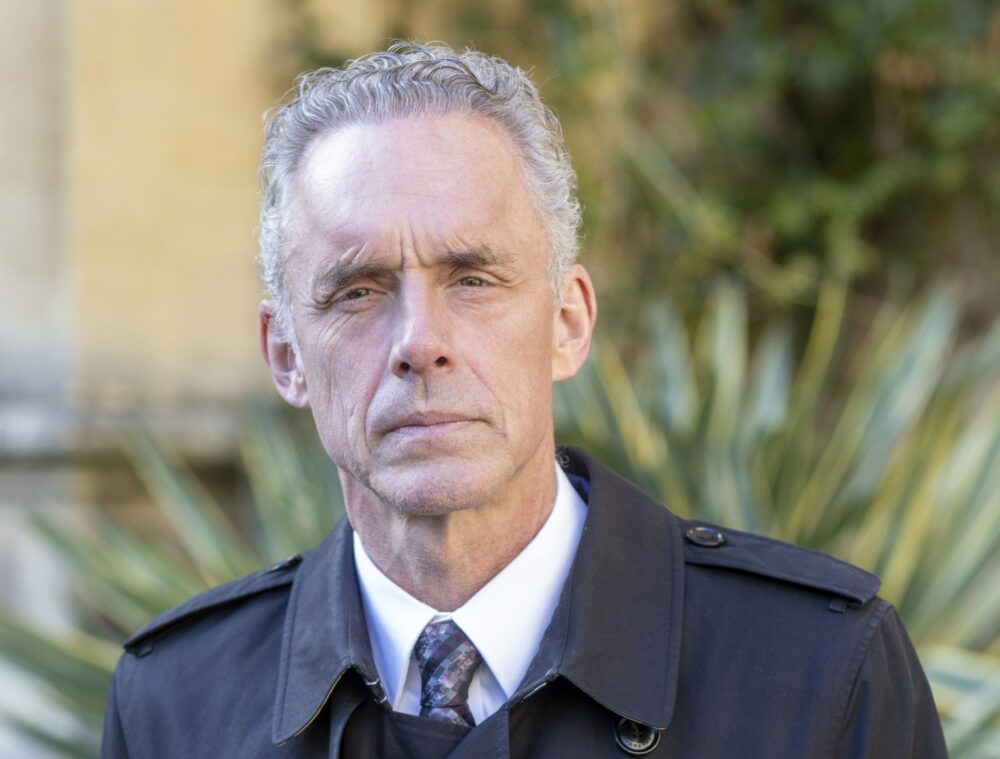Human failings

Three news stories have played on my mind recently:
- In his latest newsletter, Benedict Evans updates on the seemingly never-ending Horizon scandal. The Post Office rolled out a buggy computer system which wrongly calculated cash balances held by branches. The assumption that money had been stolen led to almost a thousand people being wrongly prosecuted. Some people ended their lives.
- As reported in the Guardian, one of my local hospitals failed to send 24,000 letters over five years ‘due to a new computer system’.
- The FT reported that an incorrectly weighted computer algorithm for allocating liver transplants led to specific groups of patients waiting longer than others.
All three of these stories are similar: they are presented as though the problem is with computers when it is actually with management. In all three cases, managers knew about concerns with the computer systems, yet the organisations involved did not take timely corrective action.
I don’t know the inside story behind any of these incidents, but I’m willing to bet that all involved managers saying something like ‘I’m not good with computers’—and failing to engage as a result. In some organisations, it’s a daily occurrence to hear senior leaders say things like, ‘Ooh, I’m not sure how to share my slides; is it working?’ That discomfort writ large means that they subject IT processes to less scrutiny.1
The irony is that the consequences of all three failings were in the real world, not inside a computer. In all three cases, it seems likely that a reasonable and non-technical workaround would have been to stop using the computer system until it was fixed. The real-life resolution required no knowledge of how the systems worked.
One can’t imagine the same managerial non-response to a problem if, say, the underlying issue was secretaries who weren’t bothering to type letters or an accountancy team consistently failing to produce reports.
And therein lies the issue. Even in the third decade of the twenty-first century, it is still acceptable in many organisations for senior leaders to freeze up over any problem involving computers. Nobody expects them to be IT experts, but they ought to be experts in leadership and management and not simply give up when the situation involves a computer.
The greater development of artificial intelligence means that ever more processes will be completed in an automated fashion in the coming years. This will result in progressively less oversight of day-to-day work within organisations whose senior staff seize up over this stuff. For them, it’s a disaster waiting to happen.
- Unfamiliarity with the tools required for daily work is, in itself, deeply problematic. It ought to be no more acceptable to playfully boast about one’s lack of ability to use basic computer functions than to boast about being unable to chair a meeting or manage people. It’s your job! ↩
The image at the top of this post was generated by DALL·E 3.
This post was filed under: News and Comment, Post-a-day 2023, Technology.







